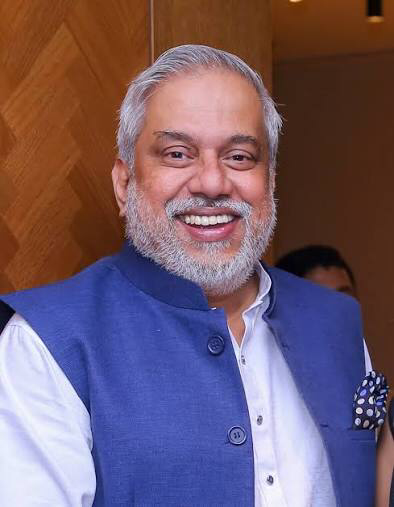Taking Bangladesh’s Cancer Battle to the UK Parliament

By: Najmus Ahmed Albab
Every year, more than 150,000 people in Bangladesh are diagnosed with cancer—yet many remain undetected or untreated due to limited healthcare infrastructure. For countless families, the diagnosis is more than an illness; it becomes a devastating crisis marked by poverty, distance, and delayed treatment. In this struggle, community-driven initiatives like the BANCAT are emerging as lifelines of hope.
This summer, the stories of these patients travelled beyond Bangladesh’s borders—reaching London’s community halls and even the UK Parliament. The purpose was not to seek sympathy, but to mobilize partnerships, solidarity, and resources that could transform the future of cancer care in Bangladesh.
A press gathering in Whitechapel, London, highlighted the organization’s vision for the country’s first Cancer Care Village—an integrated healing community designed to meet the holistic needs of patients and their families, recently. The initiative goes far beyond medicine. It envisions spaces for shelter, nutrition, counselling, caregiver training, mental wellness, research hubs, and palliative care.
In essence, it aims to provide dignity and hope alongside treatment. The diaspora responded by launching Friends of BANCAT UK, a collective committed to raising awareness, mobilizing resources, and strengthening international collaboration. Their support reflects a powerful truth: while cancer knows no borders, compassion should not either.
The journey continued on 7 September in Fleet, Hampshire, where a Shudhi Shomabesh (community gathering) brought together Bangladeshi expatriates and supporters. Tables adorned with handcrafted products told stories of resilience, created by patients and caregivers themselves - an initiative to support the cancer community, called 'Alok Katha'. Proceeds from the evening directly supported cancer patients in Bangladesh.
When a roundtable on “The Future of Cancer Care in Bangladesh” was hosted at the House of Lords by Baroness Manzila Uddin. For the first time, the challenges faced by Bangladeshi cancer patients were formally presented in the UK Parliament—highlighting the urgent need for global attention and cooperation.
Two missions stood out clearly from this journey: Bringing the voices of Bangladeshi cancer patients to the international stage, including the UK Parliament and establishing a lasting network of allies in the UK.
From local press gatherings to diaspora dinners, and finally to the halls of Westminster, one message resonated: cancer patients in Bangladesh deserve timely, affordable, and compassionate care. What is needed now is not charity, but partnership—collaborations that ensure no patient faces this journey alone.
The events were graced by distinguished guests, including Baroness Manzila Uddin, Member of the House of Lords; A. Farjad Ahmed, President of BANCAT; Rohema Miah, Political Advisor and Director, UKBCCI; and Moqsud Ahmed Khan, Convenor of Friends of BANCAT UK.
As one collective call from the gatherings declared, together, we can turn despair into hope. With global solidarity, the fight against cancer in Bangladesh can become a story of resilience and dignity—where patients are no longer abandoned, but empowered to live with courage.
This journey in the UK is only the beginning. It is not just about raising funds, but creating a movement of healing that binds two nations with a shared promise: to stand with those battling cancer and ensure their struggle is met with compassion, care, and dignity.
Writer:
Najmus Ahmed Albab
Author and Executive Director, BANCAT



